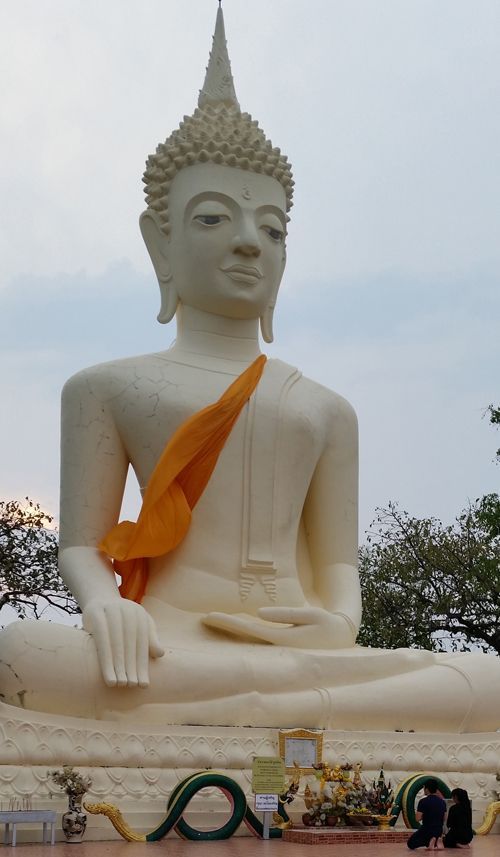
'Is Jesus some person living in your village?'
“I have personally met people who, the only image that they have of Jesus is what they’ve seen on TV in American movies. I have met people in the Philippines or in East Asia who don’t know Jesus’ name at all. They’ll ask me, ‘Is Jesus some person living in your village?’”
Folks like these, whom International Director Warren Janzen meets as he travels to SEND’s fields around the world, live in unreached people groups. SEND International workers are part of a global movement of Jesus followers making disciples among the unreached. Today, we’ll explore what “unreached” means — and what it doesn’t.
Unreached means outside help is needed
As SEND considers where to focus our efforts, we primarily rely on the Joshua Project definition: “An unreached or least-reached people group is a people group among which there is no indigenous community of believing Christians with adequate numbers and resources to evangelize this people group without outside assistance.”
“The unreached are people who have little or no access to the gospel,” Janzen explains. “They don’t know where a local church is. They don’t trust a local Christian because there are no local Christians that they know of in their setting.”
Mathematically, SEND considers a people group unreached if it’s less then 2 percent evangelical Christian. Add all the people in all the unreached groups up, and you have 3.11 billion people — 42 percent of today’s world population — with little or no access to the gospel. The need is great. The opportunities are enormous.
>> Watch a short video in which Warren Jantzen shares SEND’s heart for the unreached.
A people group is based on barriers
“For evangelization purposes, a people group is the largest group within which the gospel can spread as a church-planting movement without encountering barriers of understanding or acceptance,” according to the Lausanne Committee. Language tends to be the main barrier, but caste, religious tradition, location, and common histories and legends can also act as primary boundaries.
A people group is not a country
SEND just opened a new field. It’s in North America, where Christianity is the largest religion. It may seem nonsensical — but Joshua Project reports that 85 unreached people groups have populations that live in the United States, and 50 live in Canada. Our new field — Diaspora | North America — intentionally seeks to reach people from these unreached groups with the gospel.
This is the case for SEND’s work throughout the world. Though we refer to our teams by geographic region, our missionaries often minister both to the majority population and to minority groups. SEND Europe, for instance, has contacts with members of 29 unreached groups — only a handful of which are majority populations.
There are nearly 200 countries in the world; there are about 16,600 people groups. More than 6,700 of these groups remain unsaved. God’s Kingdom still has plenty of room for growth.

A people group is not a religion
Joshua Project reports that:
- One in five people on earth live in the 50 largest unreached people groups.
- 22 of these groups are Muslim, 18 Hindu, 5 Buddhist, 3 Ethnic Religions, 1 non-Religious, 1 Sikh.
Fifteen percent of the Islamic people groups today are considered reached. Praise God! But Islam is a religion, not a people group. There are thousands of Muslim people groups that still have little to no chance to hear the Good News.
The unreached are not the unsaved
You might live in a North American neighborhood where not a single one of your neighbors are Christian. They might not yet be saved — they might never be saved — but they aren’t without a gospel witness or access to the Word in their own language. They have a chance to know a Christian. They have a chance to know you.
>> SEND Canada’s director shares a video: ‘What is a UPG?”
Unlike your neighbor, many of the world’s unreached will never meet a Christian. Worldwide, there are 300,000 Muslims for every one Christian worker ; only 13.3 percent of Muslims personally know a Christian.
By all means, reach out to your unsaved neighbor! But, as you consider how you will use your resources and direct your prayers, don’t forget the unreached.
• Our total commitment to Jesus Christ fuels all that we do. Read SEND’s statement of faith.
• Learn about SEND International's mission, focus, and values.
Additional Posts





